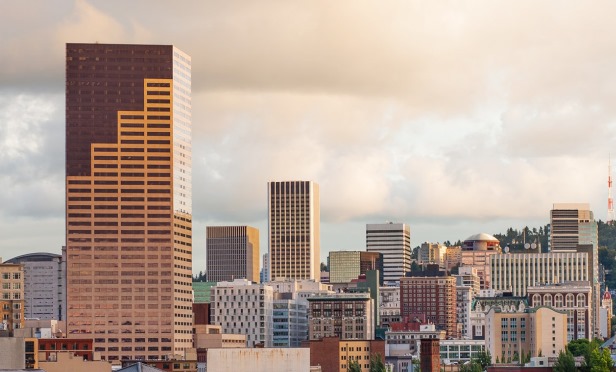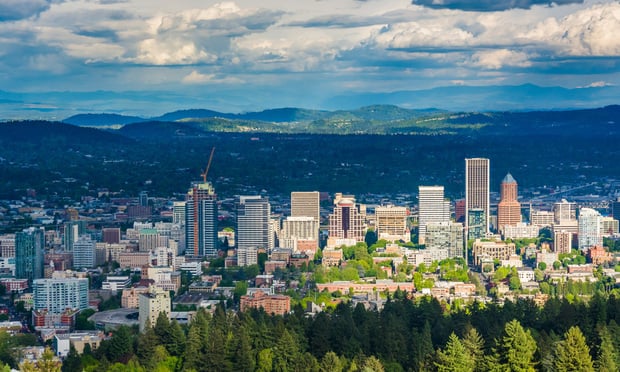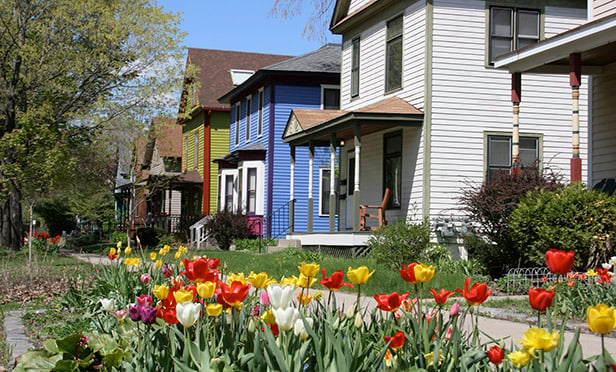 Portland's per-night hotel assessment of 15.3% is in line with other major West Coast cities.
Portland's per-night hotel assessment of 15.3% is in line with other major West Coast cities.
PORTLAND, OR—In 2012, Portland's hotel community united to create a new funding stream to enhance promotion of the region as a preferred destination for meetings, conventions and leisure travel. To accomplish this, Portland's city council passed an ordinance creating the Portland tourism improvement district in June 2012.
In June 2018, the city council approved a new ordinance expanding the district to include short-term rentals and hotels with fewer than 50 rooms. The council approved a $4 per night booking fee for housing and homeless initiatives. The short-term rental added fees are likely among the highest in the nation, GlobeSt.com learns.
“When our tourism improvement district was created, Airbnb had a much smaller presence in Portland and those companies/properties were not included in the tourism improvement district,” Megan Conway, senior vice president of communications and regional strategy, Travel Portland, tells GlobeSt.com. “As home sharing companies and the count of properties have grown, the city saw a need to add those properties to the tourism improvement district. It coupled this with a separate home sharing fee, and also added hotels with less than 50 rooms at the same time.”
The tourism improvement district is a city-approved and hotelier-proposed assessment of 2% per night on guest room revenues for all hotels and short-term rentals located within the city of Portland. The district provides a stable source of tourism funding to support sales, marketing and promotional efforts with the ultimate goal of increasing hotel occupancy and overall visitor spending in the market.
Unlike the existing transient lodging tax, the funds gathered through the tourism improvement district assessment are managed by hoteliers, not the city. The funds are shared with Travel Portland through the existing city structure for gathering and distributing hotel fees. Along with the 2% assessment, and 11.5% local and 1.8% state lodging taxes, Portland's per-night hotel assessment of 15.3% is in line with other major West Coast cities and like-sized US cities.
Additionally, Portland's lack of sales tax is an extra draw to convention and leisure visitors. Travel Portland's tourism improvement district-funded marketing and PR efforts have produced significant results for the local economy. Portland intent to travel nearly doubled from 2013 to 2018, according to MMGY Global research. And ad-accountability studies by Longwoods International show that Travel Portland's consumer marketing campaigns from 2013 to 2017 generated incremental visitor spending of $418.5 million, and incremental state and local taxes totaling $21.3 million. This translates into thousands of additional tourism-related jobs in the Portland market.
© 2025 ALM Global, LLC, All Rights Reserved. Request academic re-use from www.copyright.com. All other uses, submit a request to [email protected]. For more information visit Asset & Logo Licensing.








